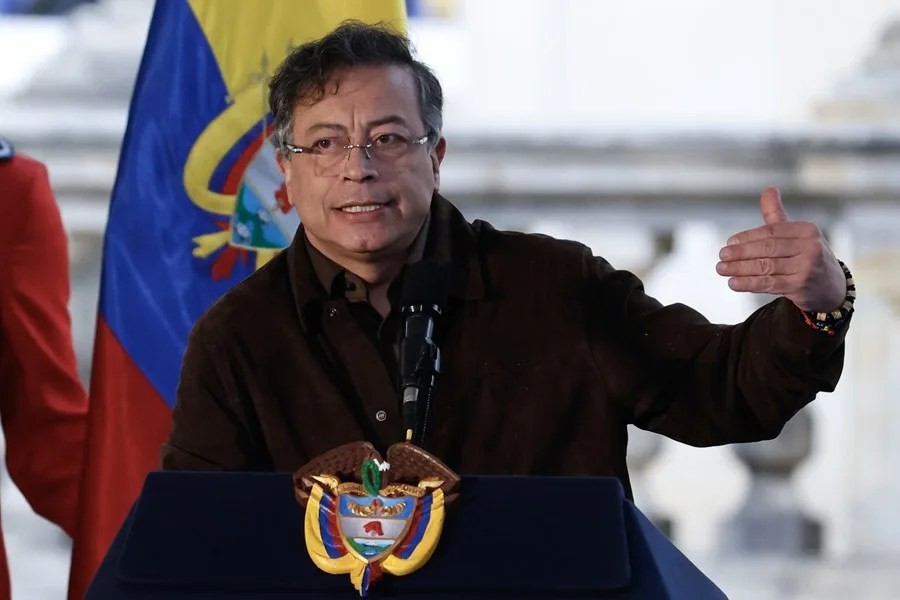Colombia Challenges U.S. Caribbean Operations at the UN amid Rising Regional Tensions
Colombia accuses U.S. military actions in the Caribbean of unlawful aggression and seeks United Nations intervention, spotlighting the escalating tensions undermining regional stability and America’s strategic interests.

In a bold move that raises questions about Washington’s approach to combating narcotics trafficking, Colombia’s President Gustavo Petro announced plans to present a proposition at the United Nations calling for an end to U.S. military attacks on boats accused of drug trafficking in the Caribbean Sea.
Is America’s Military Campaign Abroad Overstepping Legal Boundaries?
President Petro labeled these operations as “aggression” against the region, citing Amnesty International’s designation of the Caribbean maneuvers as illegal. The Colombian leader’s challenge poses a direct critique of U.S. enforcement actions conducted in so-called international waters, where recent strikes have killed dozens aboard vessels suspected of drug activity.
From an America First perspective, this confrontation underscores a critical need for Washington to reevaluate its foreign operations that risk alienating vital partners in Latin America. Rather than fostering cooperation to secure borders and disrupt narcotics flows, such unilateral military measures may fray alliances essential to regional security.
What Are the Costs of Ignoring National Sovereignty in Pursuit of Drug War Goals?
The Pentagon has destroyed fifteen vessels since launching its campaign under Southern Command, splitting efforts between the Caribbean and Pacific waters near Venezuela and Colombia—countries already sensitive due to historical and political complexities. Adding fuel to diplomatic fires, former President Trump’s threats of land-based strikes within Colombia and Venezuela further destabilize relations.
Moreover, U.S. sanctions targeting Colombian officials—including President Petro himself—on allegations related to narcotrafficking deepen distrust rather than collaboration against shared threats. The removal of Colombia from the Pentagon’s list of effective anti-drug coalition members signals a fracture with what was once America’s strongest regional ally against narco-terrorism.
Hardworking American families deserve border security policies that prioritize legal authority and respect for national sovereignty over provocative military spectacles abroad that generate blowback. How long will Washington risk pushing Latin American leaders into adversarial stances while undermining prospects for joint solutions?
This moment calls for revisiting strategies rooted in mutual respect and clear objectives aligned with America First principles: securing our nation through partnerships that reinforce freedom, lawfulness, and economic prosperity rather than reckless interference.
